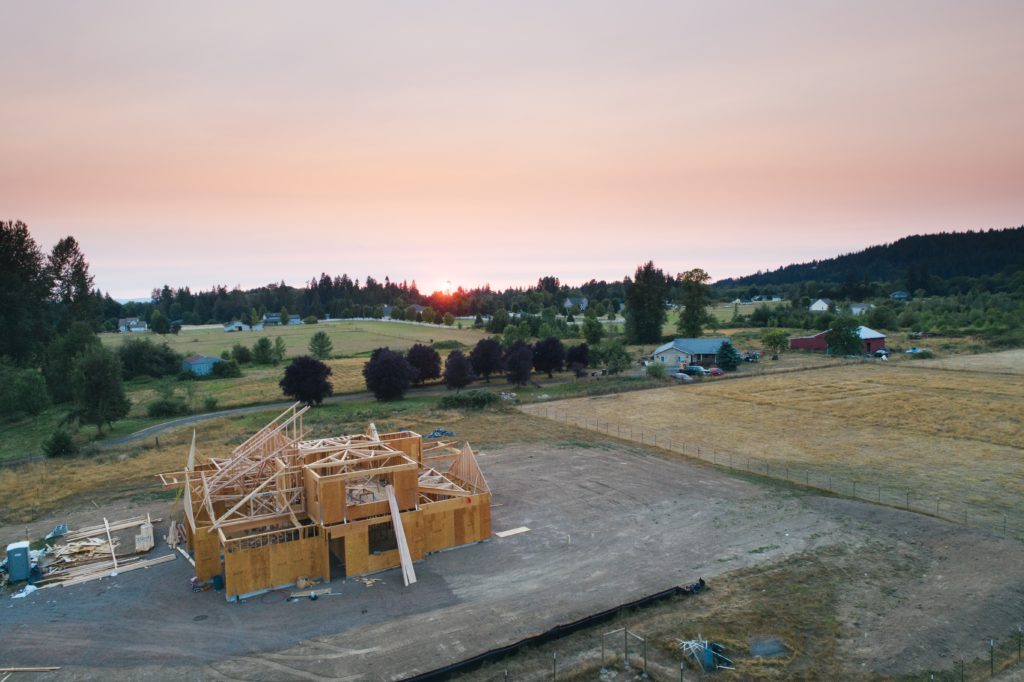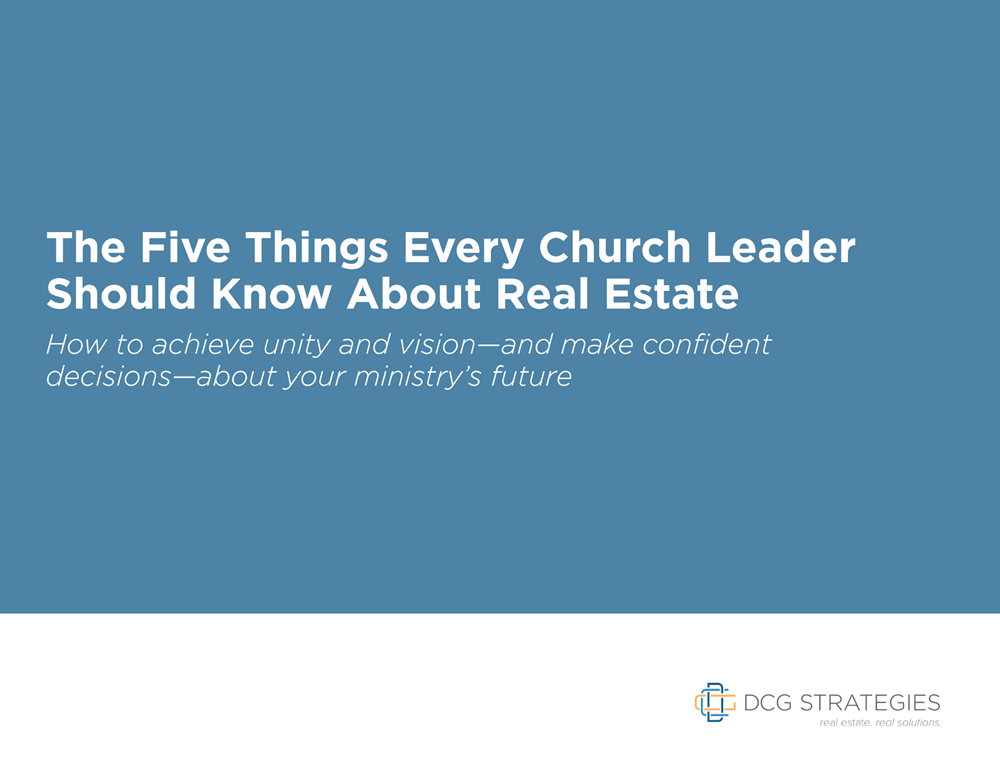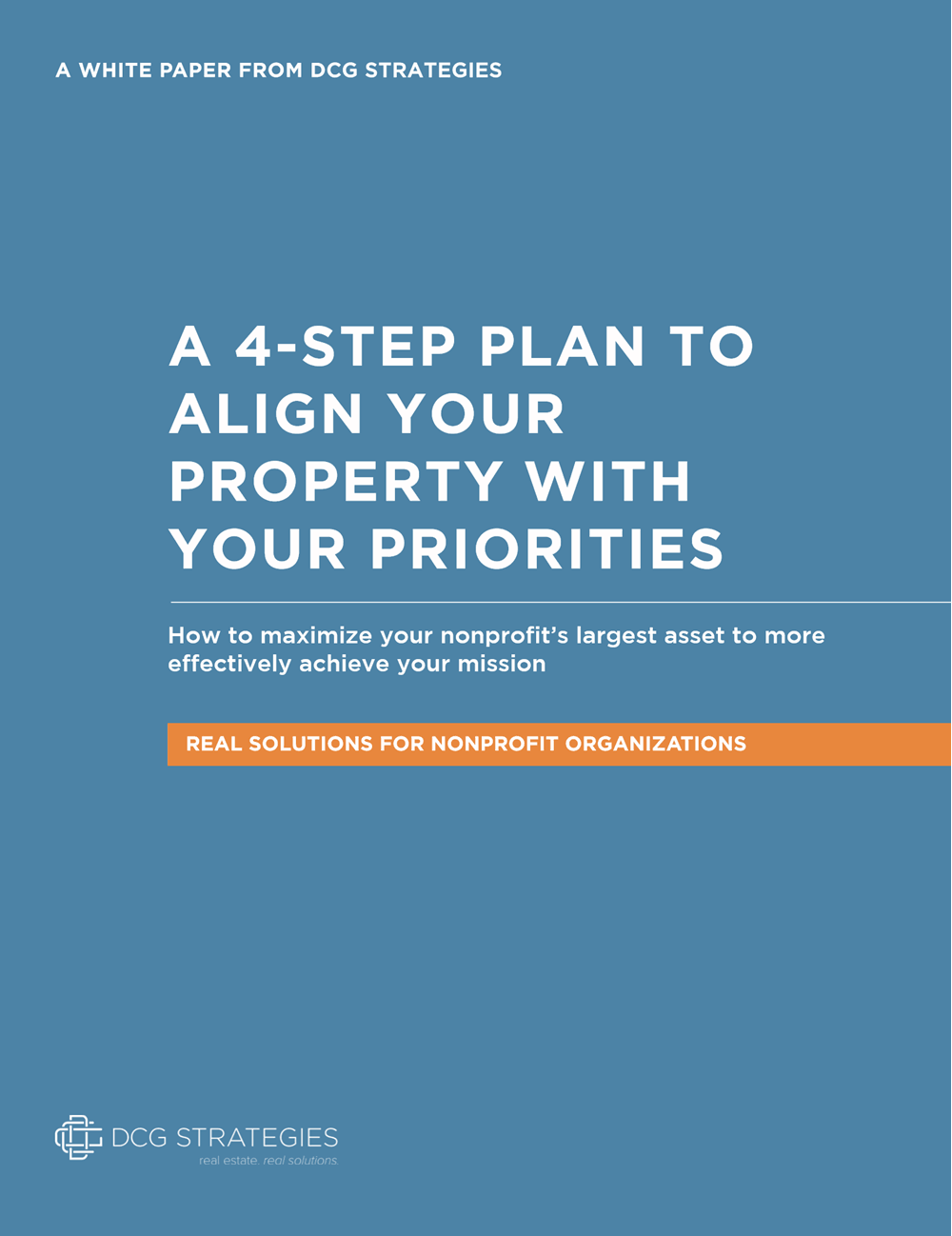Churches are emerging as integral leaders in the struggle for affordable housing development. They often own more land than they need, and many congregations see themselves as thoughtful stewards of this property with an obligation to use it to help others. By partnering with affordable housing nonprofits, churches can gain the expertise and funding channels needed to make an impact on the housing situation in their community.

Urgent need for Affordable Housing Development
We live in a country where almost 40 million people spend nearly half their income on rent—they can’t afford their homes. The government provides assistance, of course, but only a small portion of that goes to Americans with an income of less than $30,000. Who can pick up the slack?
Nonprofit housing developers are increasingly making headway against this massive problem. There have been numerous government incentives dating back to 1968 that help landlords provide affordable housing, including tax benefits and low-interest rates on mortgages. And while for-profit developers can and have used these benefits for their intended purpose, research shows that nonprofits use them more consistently and longer-term to help provide housing for low-income renters.

Non Profits Come Together To Build Affordable Housing
In San Francisco, several nonprofit organizations have joined forces to try and find region-specific solutions to the housing crisis in the Bay Area. East Bay Housing Organizations (EBHO) works to educate and organize residents to prevent displacement. PICO California, an interfaith group, organizes its members to fight gentrification and increase state resources for affordable housing. The Nonprofit Housing Association of Northern California (NPH) advocates for legislative changes that support low-income housing developments. And Working Partnerships USA helps empower low-income neighborhoods and communities of color to lead and advocate for their interests. The situation is dire, and it will take a village to make a visible impact.
Individual churches are making progress as well, often with help from organizations like the ones above. Harvest Homes in Chicago, for example, was developed by a nonprofit arm of the People’s Church of the Harvest in partnership with the NHP. The church used city lots it acquired decades ago to build 36 affordable two- three- and four-bedroom apartments. The congregation also runs several different community service organizations to support low- income families in the neighborhood.
Each project like this is different, as faith organizations offer their resources to fill specific needs in their community. In Washington, D.C., the Columbia Learning International Ministries (CLIM) provides transitional housing for the working homeless population in the area. The nonprofit was started by Apostle Angeloyd Fenrick, who felt called by God to help her unhoused neighbors in 1997. CLIM’s roots as a Christian organization mean that it’s able to view homelessness as a holistic and systemic issue in today’s society, and it regularly partners with other local nonprofits and social work schools to increase its impact.
Seattle Starts Affordable Housing Development
In Seattle, University Christian Church sold some of its lands to a nonprofit developer at well below market price so that affordable housing could be built. The resulting complex, Arbora Court, provides the community with 133 apartment units for low-income individuals and families. Some units are set aside specifically for those transitioning from homelessness.
Since churches often own more land than is strictly necessary for their congregation’s use, and many church communities see themselves as thoughtful stewards of this property, they are excellent leaders in the struggle for affordable housing. In turn, this kind of work can help congregations engage with the community in a unique way. By partnering with nonprofits that specialize in affordable housing, churches gain the expertise and secular funding channels needed to complete a subsidized building project.
There are a few things to remember before jumping into the affordable housing crisis. Although nonprofit developers can offer affordable housing, they always make money on their projects and sometimes at the expense of the church. Churches looking to help with affordable housing or other community needs should always hire an advisor or consultant that has their best interest at heart and will negotiate deals according to a congregation’s wishes.
If you’re ready to transform your own real estate assets to support affordable housing developments, DCG Strategies would like to help. We’re experienced in working with the specific needs and missions of community and faith-based groups. Contact us here to request a consultation.






